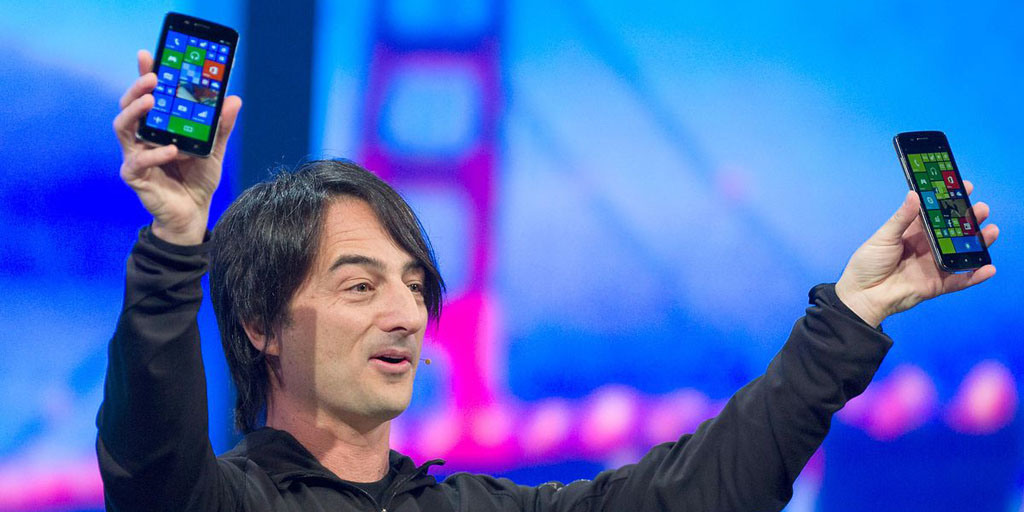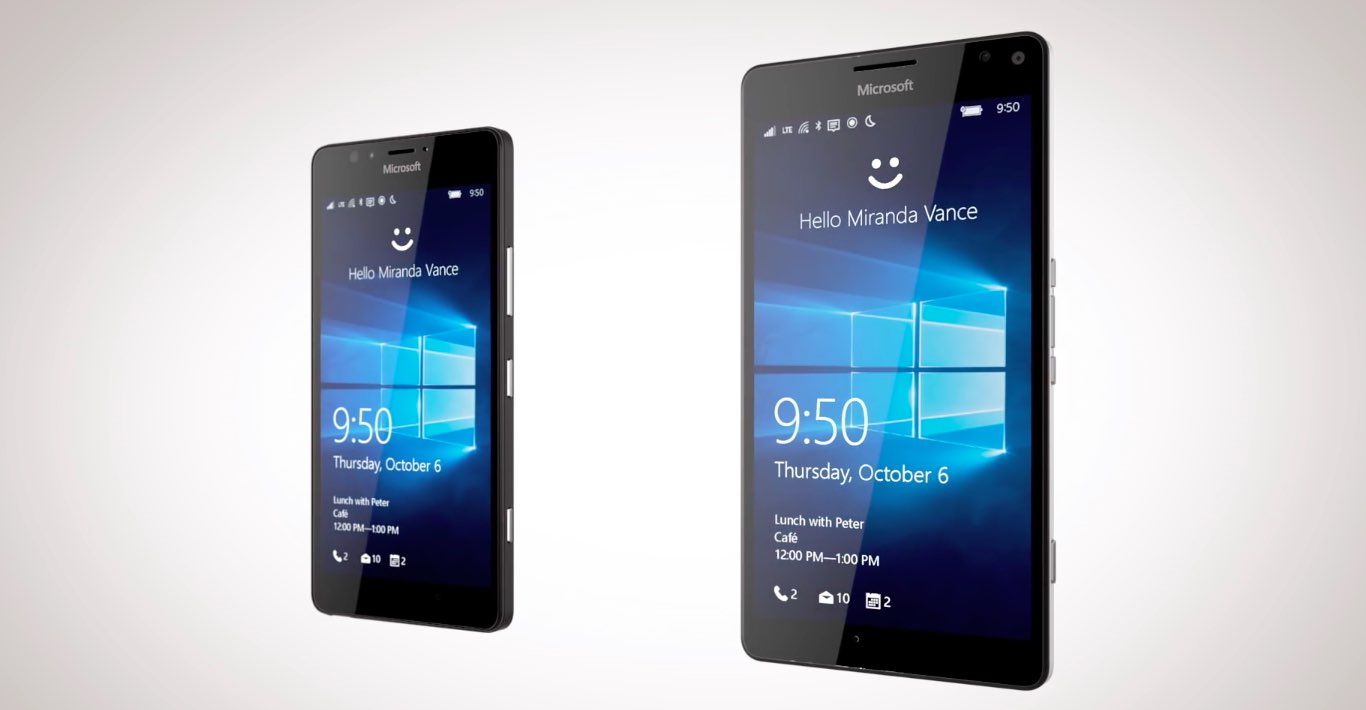
Joe Belfiore, the head of Microsoft’s mobile business, admitted in a series of tweets Sunday that the Windows Phone platform is basically dead in the water as the company was no longer going to develop new features or hardware for Windows 10 Mobile.
Microsoft will continue to support Windows 10 Mobile with bug fixes and security updates, but no new features or hardware should be expected going forward.
“Of course, we’ll continue to support the platform. Bug fixes, security updates,” reads one of his tweets. “But building new features and hardware aren’t the focus.”
Microsoft has been developing mobile platforms for decades, starting with Windows CE for personal digital assistants in 1996 and later with Windows Mobile in 2000.
He said in another tweet that Microsoft couldn’t interest developers to write apps for Windows Phone. “We have tried VERY HARD to incent app developers,” reads that tweet. ”Paid money. Wrote apps for them. But volume of users is too low for most companies to invest.”
Belfiore also admits he switched to Android.
The writing for Windows Phone has been on the wall for quite some time now.

Windows Phone has struggled in the marketplace, holding barely two percent of worldwide smartphone market share. Kantar Worldpanel gives Windows phones 1.3 percent of the market in the US versus Android’s 64 percent share and iOS’s 34 percent share of new sales.
Microsoft did try to turn things around by acquiring Finnish handset maker Nokia but that was a disastrous move as it wrote off the Nokia hardware business two years ago.
Just recently, Bill Gates said he had switched to an Android device with “a lot of Microsoft software” on it while Belfiore himself used an iPhone during a sabbatical.
HP is pulling production of its flagship Windows handset and the New York Police Department said recently it was scrapping 36,000 Windows Phones and replacing them with iPhones. Microsoft’s struggle to get Windows Phone off the ground exemplifies the powerful control Android and iPhone have exerted in the smartphone market.
Microsoft’s competed for developers’ attention, but the network effect made it impossible for the company to woo iOS and Android developers to write apps for Windows Phone.
The smartphone market is now basically a duopoly between iOS and Android.
On a somewhat related note, Microsoft announced last Tuesday that it was killing off Groove Music Pass, its home-grown competitor to Spotify and Apple Music.